|
In contemporary times, schools and educational programs are embracing a broad spectrum of people from diverse socio-cultural backgrounds. One of the greatest challenges for teachers is not only helping students in adapting to new cultural environments but also cultivating critical and open minds that appreciate and celebrate diversity instead of rejecting it. The new edition of the course “Intercultural learning and cultural diversity in the classroom” took place in Bologna from 25/02/2024 - 02/03/2024. The participants came from all across Europe, with Tania Rallousi and Xanthippi Gerasimou from TRITO LYKEIO XANTHIS in Greece, Therese Selli and Lonas Solaka from British Schools AB in Sweden, Maria Helena Pinto Rodrigues and Maria Joaquina Quintas from Agrupamento de Escolas de Arouca in Portugal, Opriș Maria Adriana and Boțoc Flavia from CENTRUL ȘCOLAR DE EDUCAȚIE INCLUZIVĂ MEDIAȘ in Romania and Charikleia Kyriakaki and Meropi Krystalla from 8o GYMNASIO IRAKLIOU in Greece. The course started with acknowledging the importance of reflecting on the meaning of words. The participants altogether tried to build an understanding of what “intercultural learning” means to them and explored the concept to become more attentive in describing and interpreting the interaction of different cultures. We investigated the concept of identity as a first step to go deep into diversity. From a visual activity, our participants thought about their own identity and the relation that identity has with culture. Next, participants engaged in a storytelling exercise about stereotypes. Altogether we discovered the meaning of the vicious cycle of stereotypes. They were invited to reflect about how stereotypes can convert into prejudices and discrimination, generating a vicious cycle that strengthens stereotypes. As put in an inspirational TED Talk, we saw - “Show a people as one thing — as only one thing — over and over again, and that is what they become.” We also talked about the concept of Privilege and the different types of privilege, and the advantages or degrees of respect that an individual has by virtue of belonging to certain social identity groups. Another topic we worked on was inclusion. First, participants have been involved in simulation activities to acknowledge and discuss the challenges of intercultural communication. The activities can help students questioning common assumptions while thinking about finding connections among different cultures. Another round of group activities was performed around the concept of membership and empathy, where we played a 3 steps game where participants had to imagine they were leaving for a foreign country and needed to reflect on what they were leaving behind, the challenges they could face and how the people from the new country could support them in integrating and adapting. The group challenges proposed can be adapted to different subject and classroom activities, allowing students to understand the importance for every member of the class to bring valuable contributions and to empathize with other classmates’ needs and diversities.
Lastly, we talked about conflict and management styles. We learned the three main conflict styles: Goal conflict, Cognitive conflict, and Affective conflict, and discussed the management styles best suited for diverse situations. As we closed off the week full of valuable knowledge and enticing cultural experiences, we said goodbye, ready to implement the new knowledge each in their respective schools! Discover more about this course here. |
Welcome to the ELA Blog. Here you will find articles and photos of our courses and have a look at the topics addressed during the week in Bologna, Palermo and Tenerife. You will also have the chance to take a peek at our projects and check out what we have been up to.
Archives
July 2024
Categories |
-
Course catalogue
- 2023-2024 course catalogue
- Soft Skills >
- ICT and New Technologies >
- Inclusion and Diversity >
-
Innovative Teaching Methods
>
- Innovative teaching methods discovery
- Non-formal education teaching methods
- Dual education and work-based learning
- Teaching leadership and entrepreneurship
- Project based learning
- Game based learning and gamification
- Green skills
- Outdoor education
- Outdoor education trekking edition
- Promoting creativity and critical thinking
- Languages and EU projects >
- Preschool >
- Erasmus Plus KA1
- What we do
- About us
- Locations
- Blog
- Contact us
 English
English български
български Čeština
Čeština Español
Español Français
Français ελληνικά
ελληνικά Italiano
Italiano Polski
Polski Português
Português Română
Română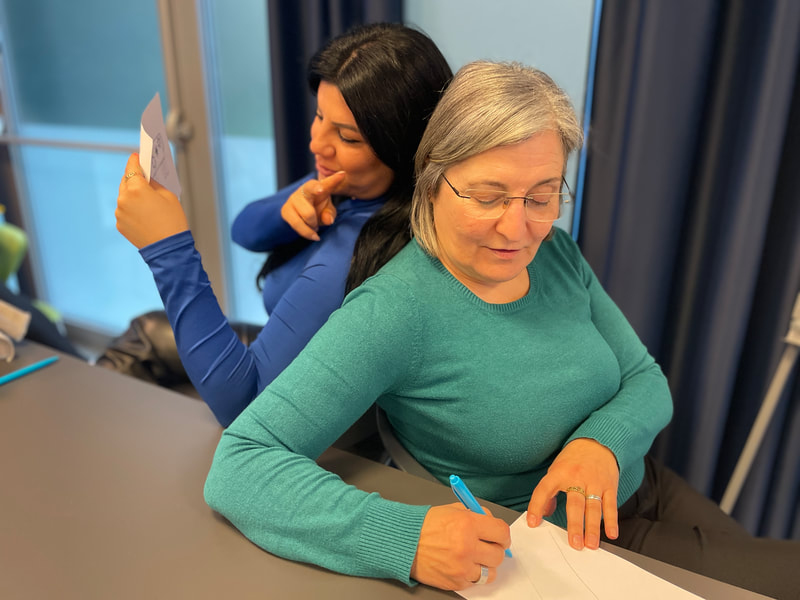
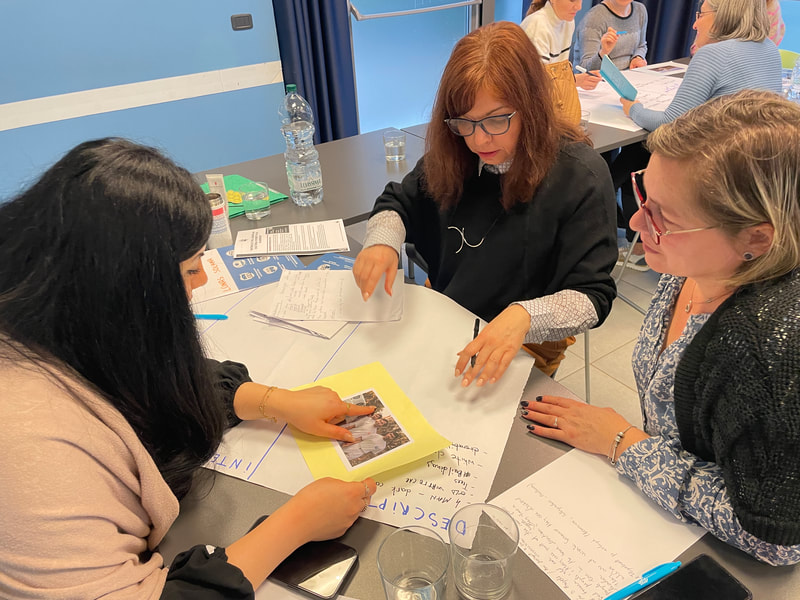
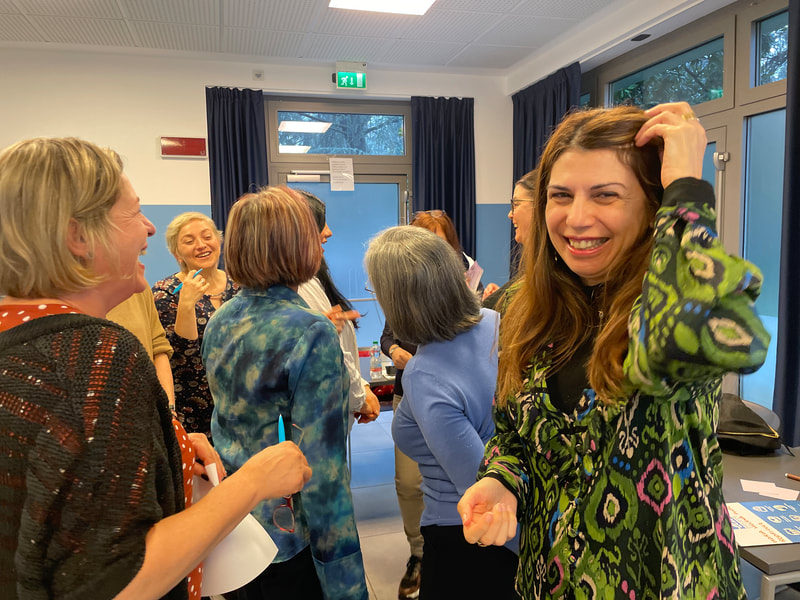
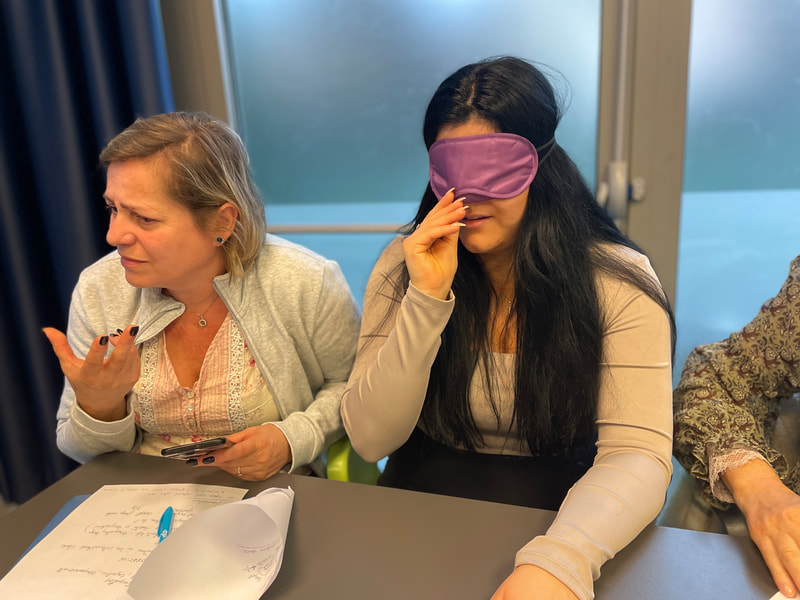
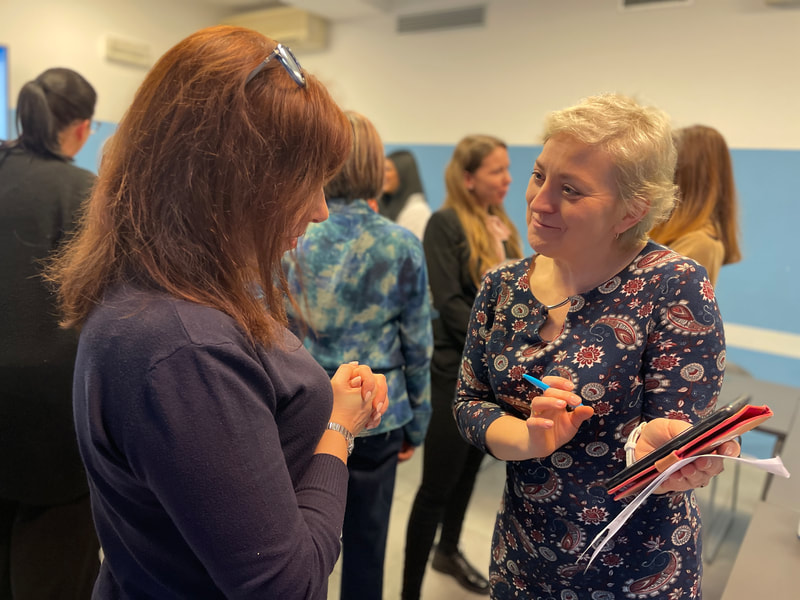
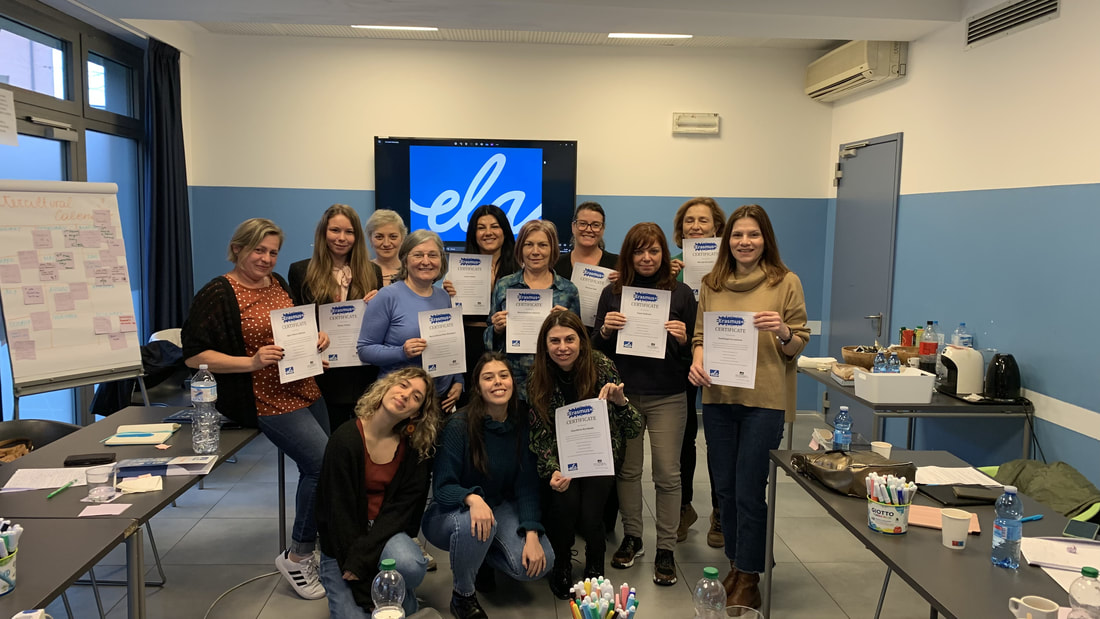
 RSS Feed
RSS Feed









